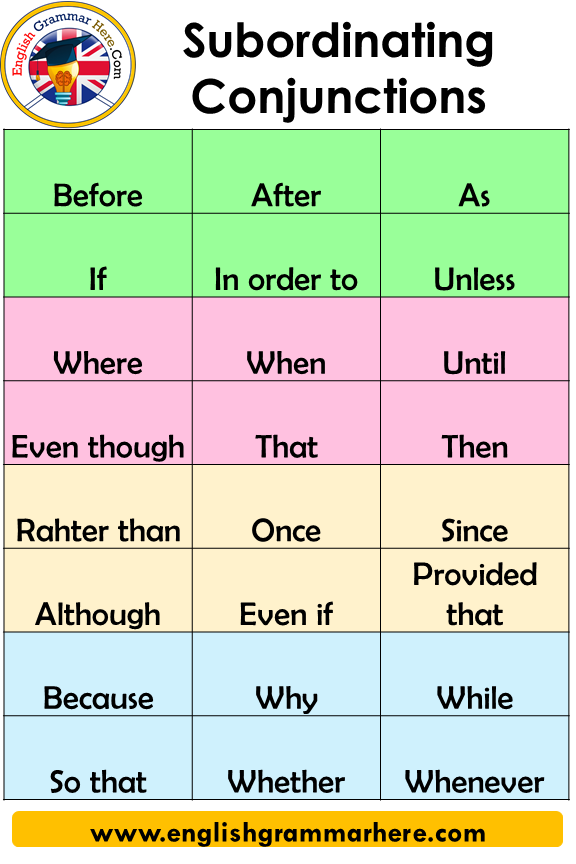Connectors: Coordinants and Subordinants.
Connectors, also known as transition words, are adverbial conjunctions that can function in two ways:
As Coordinate Connectors:
They are used to join two words or phrases, which are grammatically equal, within a sentence. That is to say, they present similarity in importance or structure between the joined elements and are always placed in the middle of them.
but: pero
so: entonces
and: y
also: también
however: sin embargo
Commas may be used as long as the independent sentences are not too short and must be placed just before the connector. For example:
Clause + Connector + Clause 2
I called you yesterday, but you didn't answer.
As Subordinating Connectors:
Connecting two sentences so that one of them depends on the other. Connectors are mostly of this kind, with the first clause or phrase being independent and the second dependent on the first, so that the sentence makes sense. If the second phrase is alone, the sentence would lose its meaning completely, while if the first one is alone, this phenomenon would not occur since, being independent, it does not need a clause to contextualize it.
There are also, sentences whose initial phrase or clause is subordinate to the phrase that follows it, that is, the independent phrase comes accompanying the dependent phrase.
Tomada de: https://static.xx.fbcdn.net/images/emoji.php/v9/t4f/1/16/1f447.png
For example:
-I ran out of money. For that reason I can't travel with you guys.
Clause 1 + Connector + Clause 2
These have three forms:
One word:
unless: a menos que
still: aun así
Compounds:
They usually end with the words as and that.
For example:
in order that: con el fin de
as soon as: tan pronto como
Correlatives:
They are formed from an adjective or an adverb.




No hay comentarios:
Publicar un comentario